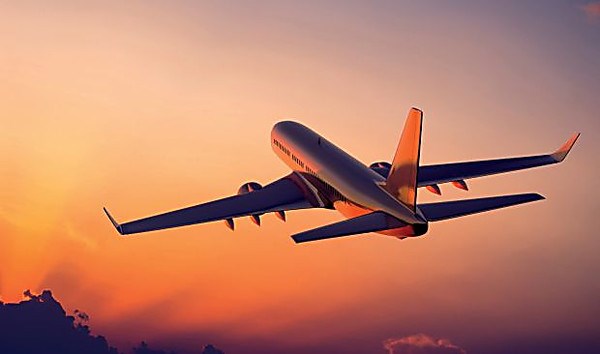Two thirds of aircraft in Russia may be banned from flying
Two thirds of the foreign aircraft belonging to Russian aviation companies have been placed in the “risk group”, Vedomosti reports. Nearly 400 airliners do not comply with the new demands of the Federal Air Transport Agency (RosAviation) and the Prosecutor General’s Office, and 10 aircraft belonging to Nordwind and Azur Air have already stopped flying.
Three Boeing 777s belonging to Royal Flight are also at risk. Aviation companies in Russia have a total of more than 600 medium and long-range airliners produced abroad.
Earlier this year, RosAviation began demanding that Russian aviation companies certify in Russia all changes to the structures of aircraft registered in foreign countries, especially in the Bermuda Islands, according to sources in the Ministry of Transport and employees from several aviation companies. Air carriers make these custom modifications to used airliners leased on the secondary market.
Most frequently, the cabin is rearranged, for example, the number of seats in business class is reduced and the passenger capacity of economy class is increased, the number of kitchens is reduced, and the number of radio stations may change.
According to Article 83-bis of the Chicago Convention, which Russia is party to, such changes must be certified in the country where the aircraft is registered, e.g. the Bermuda Islands or, less frequently, Ireland. That country is responsible for the airworthiness of the airliner. However, RosAviation, which was granted certification powers in 2015, has started to demand that such changes be certified in Russia.
The agency put forward these demands after verification by the Prosecutor General’s Office. The supervisory department ruled that the Chicago Convention is not applicable, and that RosAviation must be responsible for the airworthiness of these aircraft and the safety of the changes, said a senior manager of a Russian aviation company.
However, the Chicago Convention, as an international agreement, has priority over national laws, and it stipulates that changes to the structure must be certified by the country of registration, noted a source close to the Russian Ministry of Transport. RosAviation is responsible only for aircraft in the Russian registry, such as domestically produced SSJ100 airliners and Soviet-era Tu-154 and Tu-204/214s.
Essentially, it will be necessary either to suspend all aircraft, or to admit that RosAviation’s demands are excessive, remarked a source at one of the aviation companies. What is happening at the moment is that individual aviation companies are being “given a hard time”, the source said.
